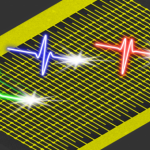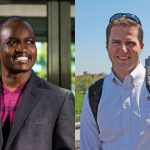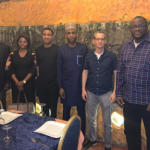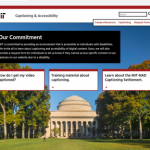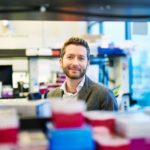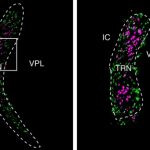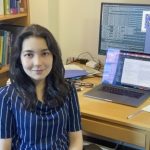Commentary: America must invest in its ability...
In July of 1945, in an America just beginning to establish a postwar identity, former MIT vice president Vannevar Bush set forth a vision that guided the country to decades of scientific dominance and economic prosperity. Bush’s report to the president of the United States, “Science: The Endless Frontier,” called on the government to support basic research in university labs. Its ideas, including the creation of the National Science Foundation (NSF), are credited with helping to make U.S. scientific...


